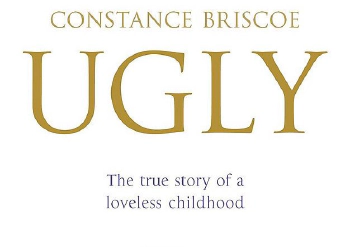The story in this book centres on the Constance Briscoe’s recollections of her childhood and the abuse she suffered at the hands of her mother throughout her young life up until the time that she left to attend university.
At its heart it is a harrowing tale of physical and psychological abuse, isolation and trauma. Briscoe is the child of Jamaican parents. Born into a family with 10 siblings, she is singled out for flagrant mistreatment in the form of beatings, starvation and abandonment.
With no seeming help or solidarity from any of her siblings, Constance is forced to endure punishment from her mother alone. Her Father is mostly absent, and although he receives few admonishments from the author, it is clear that he had was of little aid during her formative years, regardless of what must have been visible signs of abuse.
The authorities do not come out well in this book. Their failure to recognise an abused child is shocking. She was turned away when she tried to refer herself to a children’s home, and when she point blank refused to go home from school whilst suffering the after-effects of a particularly severe beating, the solution was not to investigate why, but merely to arrange for her to spend the remaining school term living with one of her teachers.
Ugly is not an easy read. One finds oneself exclaiming disbelief at some of the brutal attacks and treatment that this child has to endure, not only from her mother but also from her step-father. Her father and siblings, in my opinion, are not innocent bystanders either although you could argue that their actions or lack of involvement, came from the mode of self-preservation.
The other reason it is hard to read is that narrative form is mixed. At times the book reads like it’s lifted from a daily journal. At other times, it is more descriptive; however, the lack of consistency is jarring.
The lack of detail or in some of the more intriguing parts of the book, (for example - what happened after the social services visit?) means the story in places lacks texture.
It is relentless in its narrative, describing episode after episode of Briscoes abuse. There are incidents of her life, which when described give some respite; however it is not long before one is brought right back to the main narrative.
While I am in no attempting to belittle the experiences that she describes, there is little for the reader to grasp and hold onto in regards that some hope of a better life is somewhere out there on the horizon.
Biographies are not my favourite genre. I find them many times one dimensional focusing on one theme that the writer feels they need to reinforce at every juncture.
Ugly, while harrowing does not give me a rounded view of the author’s life. The other characters are singular in their personalities. There is little depth, and the author provides the reader with little insight into her own nature or inner self.
A worthwhile read for those interested in the subject matter, but don’t expect to put this book down once completed and feel that you have had a good read.


